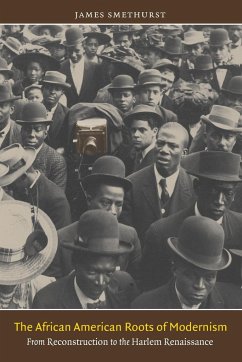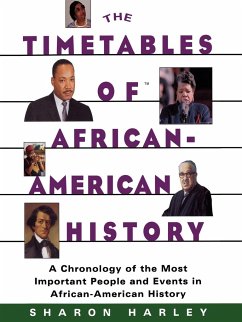The period between 1880 and 1918, at the end of which Jim Crow was firmly established and the Great Migration of African Americans was well under way, was not the nadir for black culture, James Smethurst reveals, but instead a time of profound response from African American intellectuals. The African American Roots of Modernism explores how the Jim Crow system triggered significant artistic and intellectual responses from African American writers, deeply marking the beginnings of literary modernism and, ultimately, notions of American modernity. In identifying the Jim Crow period with the coming of modernity, Smethurst upsets the customary assessment of the Harlem Renaissance as the first nationally significant black arts movement, showing how artists reacted to Jim Crow with migration narratives, poetry about the black experience, black performance of popular culture forms, and more. Smethurst introduces a whole cast of characters, including understudied figures such as William Stanley Braithwaite and Fenton Johnson, and more familiar authors such as Charles Chesnutt, Pauline Hopkins, and James Weldon Johnson. By considering the legacy of writers and artists active between the end of Reconstruction and the rise of the Harlem Renaissance, Smethurst illuminates their influence on the black and white U.S. modernists who followed.
Hinweis: Dieser Artikel kann nur an eine deutsche Lieferadresse ausgeliefert werden.
Hinweis: Dieser Artikel kann nur an eine deutsche Lieferadresse ausgeliefert werden.








